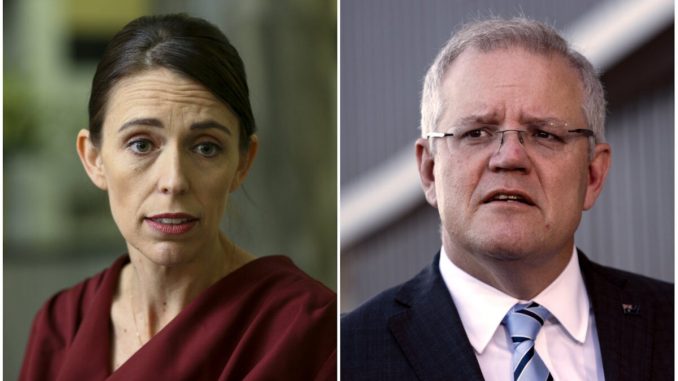
Australian Prime Minister Scott Morrison and New Zealand (NZ) Prime Minister Jacinda Ardern will meet next week for their first face-to-face bilateral talks since the beginning of the pandemic.
Ardern said she looked forward to having a “very practical discussion” with Morrison on May 30 about a number of topics, including how both countries will re-engage with the world.
“New Zealand wants to discuss what is next for Australia and New Zealand borders, how we look at the borders and how do we reengage with the world,” Ardern said. “I want to have a conversation on what our region’s reconnection with the world will look like.”
NZ and Australia have not held leader level dialogues for over a year due to the outbreak of the CCP (Chinese Communist Party) virus, commonly known as the novel coronavirus.
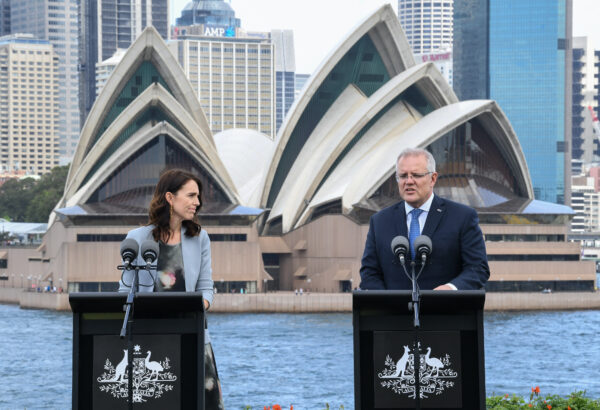
Morrison said in a media release on May 17 that he and his wife Jenny would be travelling to Queenstown to meet with Ardern and her fiancee Clark Gayford.
“We look forward to the visit,” Morrison said. “We have many shared challenges to discuss. We are key partners in delivering COVID‑19 vaccines to our Pacific neighbours, we share common goals and values for the Indo-Pacific region, and we are major trading partners.”
The meeting comes after NZ Foreign Minister Nanaia Mahuta said the Ardern government was “uncomfortable” with expanding the role of the Five Eyes alliance and preferred it to be just an intelligence-sharing organisation.
The Five Eyes was originally formed to assist in intelligence sharing but has evolved into a formal alliance with partner nations aligning their stance on pressing issues, including the economy, defence, Big Tech regulation, and foreign relations.
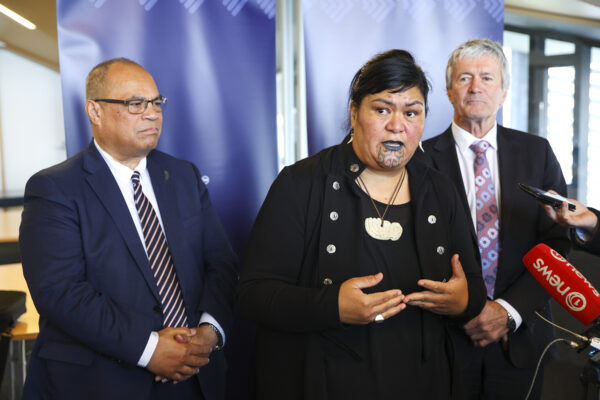
“We would much rather prefer to look for multilateral opportunities to express our interests,” Mahuta said on the matter.
Her comments prompted a stinging rebuke from conservative British MP Bob Seely who said the remarks signalled that NZ faced an ethical mess.
“A quarter of our British supply chain is dominated by China,” Seely said. “The problem is that if we go further down that route, we end up like New Zealand, in a hell of an ethical mess, with a prime minister who virtue-signals while crudely sucking up to China and backing out of the Five Eyes agreement, which is an appallingly short-sighted thing to be doing.”
Seely’s comments speak to the efforts by like-minded liberal democracies to improve cooperation in the face of communist China’s rise, and came as countries like the United States expressed support for Australia as it endured Beijing’s economic coercion.
“On that point, we need to stand shoulder to shoulder with Australia. That is a tired cliché, but the Australians are calling out China and doing so at trade risk,” he said.
Ardern weeks later backtracked, saying the interests of the Chinese regime were becoming “harder to reconcile” on the world stage while noting that the differences don’t define relations between the countries.
She affirmed that NZ will continue to support the international rules-based order, which many experts say Beijing has been challenging.



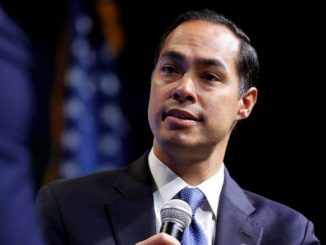
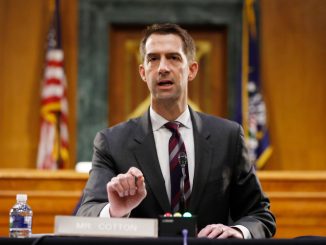
Be the first to comment